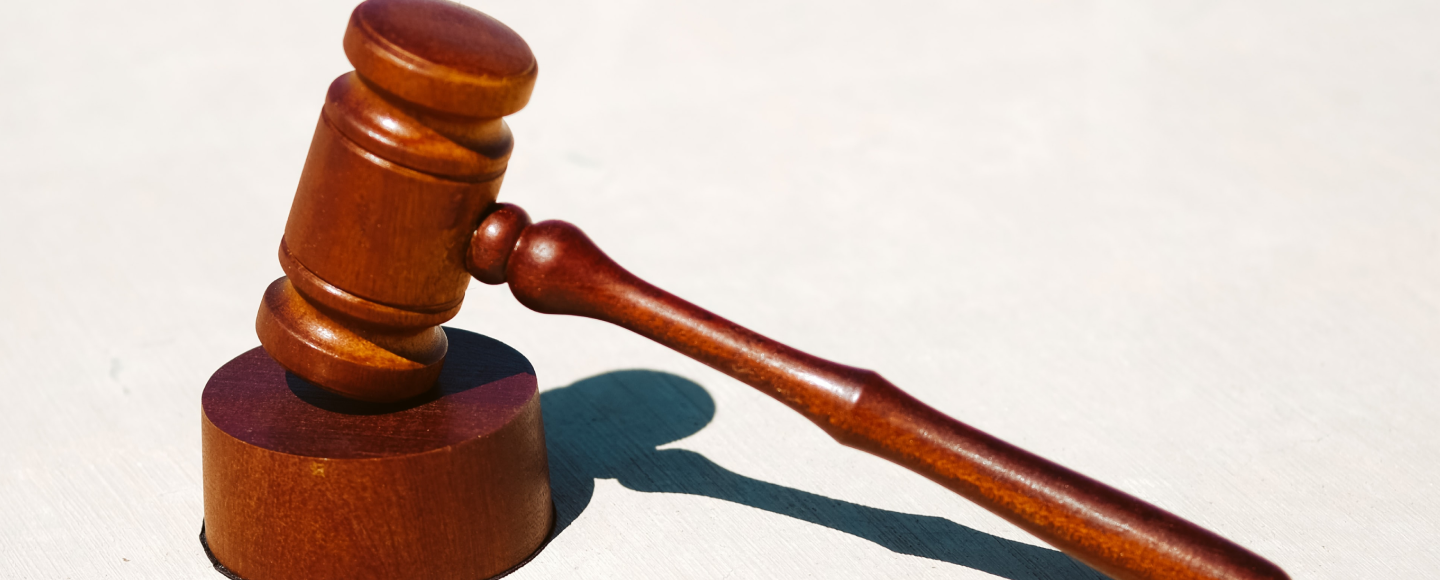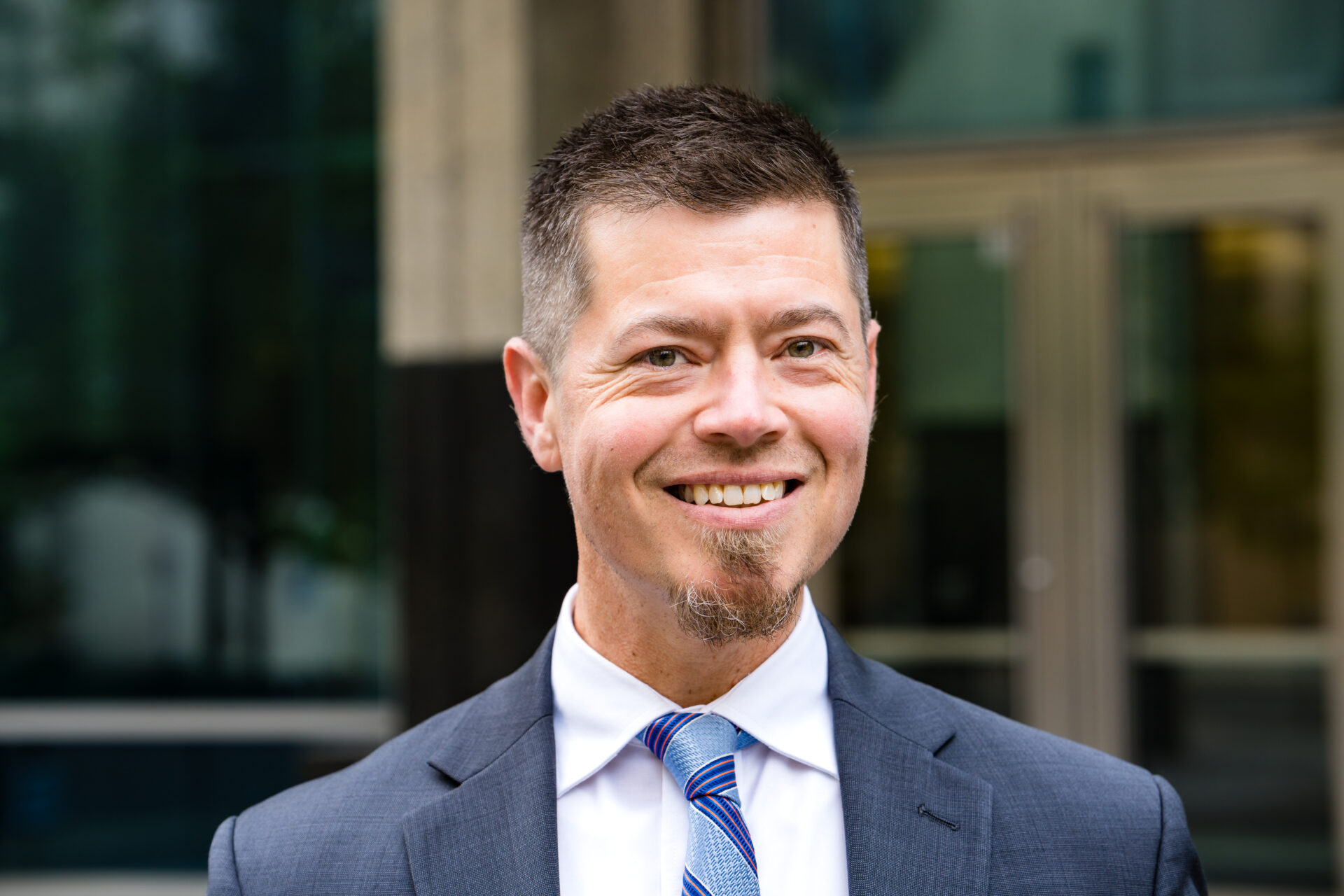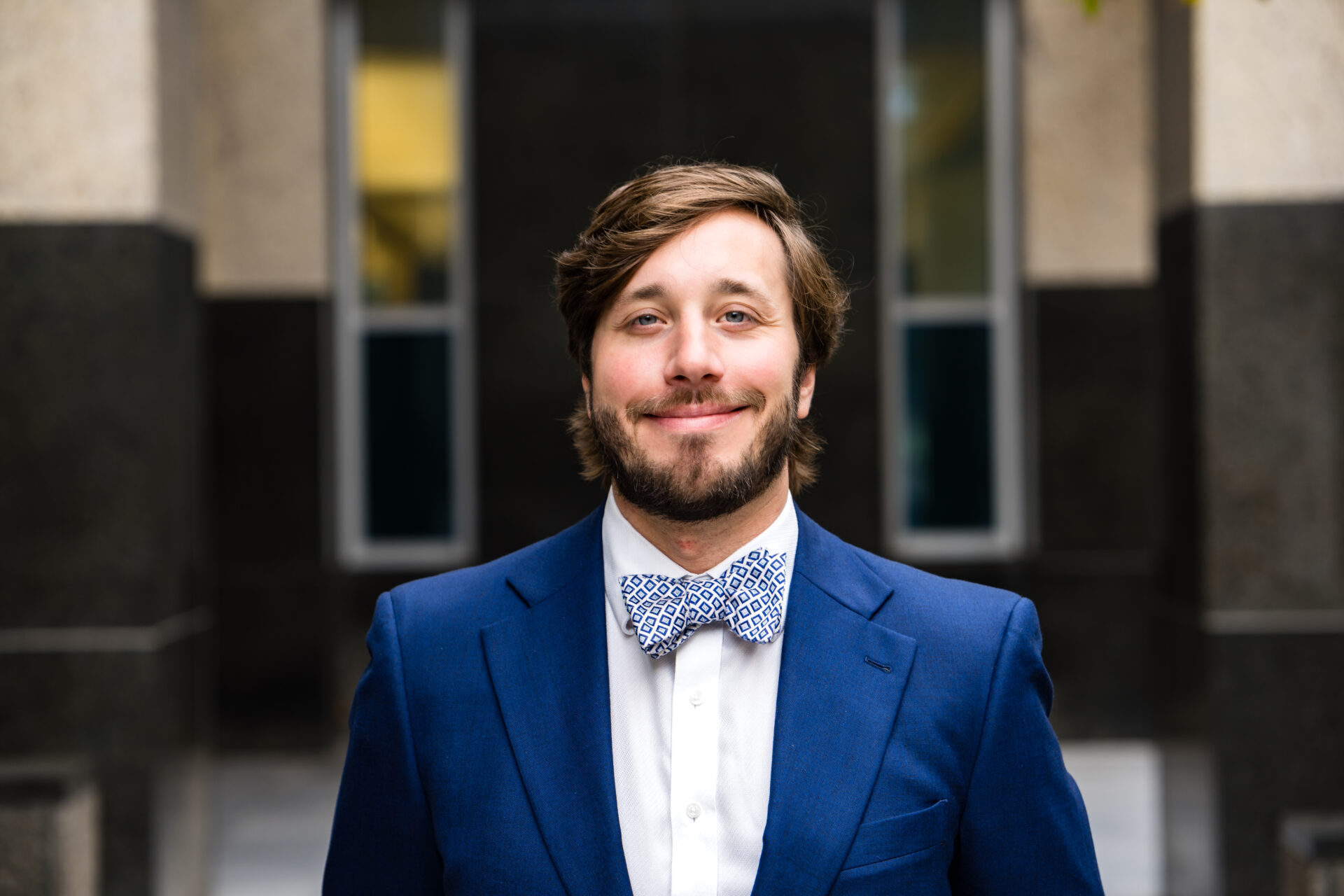According to the North Carolina Rules of Evidence, Rule 702, a witness properly qualified as an expert may only testify as to matters deemed to be outside of the domain of lay knowledge if the following three foundational criteria are met, under 702(a):
(1) The testimony is based upon sufficient facts or data,
(2) The testimony is the product of reliable principles and methods, AND
(3) The witness has applied the principles and methods reliably to the facts of the case.
It has long been agreed that the Horizontal Gaze Nystagmus test (otherwise known as HGN), which NC cops love to tout as the most reliable field sobriety test (!!) (but which the Supreme Court of Kansas deemed no more reliable than a Magic 8-Ball), requires expert credentials before testimony on the subject is admitted into evidence in a criminal DWI trial.
Some confusion had emerged in our trial courts, however, about the effect of the addition of subsection (a1) to Rule 702, which states:
A witness, qualified under subsection (a) of this section and with proper foundation, may give expert testimony solely on the issue of impairment and not on the issue of specific alcohol concentration level relating to the following:
(1) The results of a Horizontal Gaze Nystagmus (HGN) Test when the test is administered by a person who has successfully completed training in HGN.
Many of our trial judges interpreted the addition of (a1) to mean that if a cop had simply taken a class and gotten a certificate on HGN, then all foundational expert requirements were met by that simple fact under the law. What is not clear is why (a1) — which opens with a direct reference to the requirement that all foundational requirements of (a) be met first — was ever interpreted to mean that the foundational elements of subsection (a) were no longer relevant to the expert analysis relating to HGN.
It was a bizarre conclusion that was wholly disconnected from the plain language of the rule, but that pro-prosecution, anti-science interpretation of the rule had taken firm root in our trial courts, much to the dismay of those of us concerned with liberty and due process. Fortunately, our Court of Appeals in State v. Godwin (2016) came to the rescue to point out that the obvious plain language of the rule actually means what the obvious plain language says: namely, that when (a1) says that a witness must first be qualified under subsection (a), and that “proper foundation” must first be established, that those words means what those words mean.
And now, if applied correctly, it should be impossible for prosecutors to get expert testimony into evidence under any circumstances through cops alone, because they don’t have sufficient training in the underlying (fake) science of HGN to overcome the threshold that has been required by law for years.
★★★
DWI attorney Ben Hiltzheimer is a criminal defense attorney in Durham, North Carolina, who represents individuals charged with DWIs and the full spectrum of misdemeanors and felonies. Contact us for a free, confidential consultation and case evaluation at (919) 899-9404.







